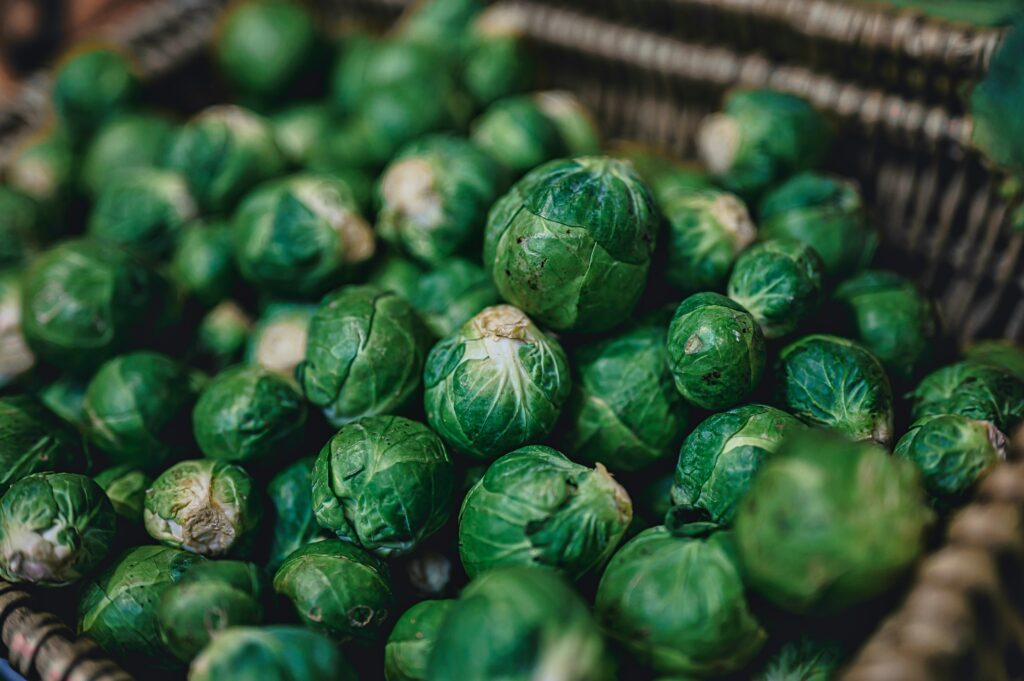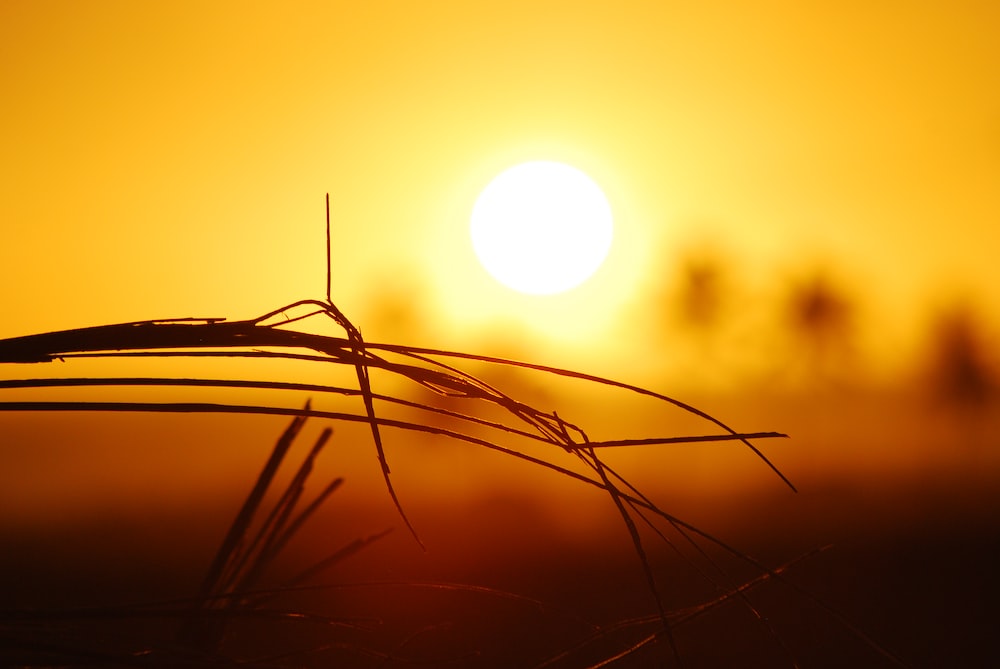We noted last week that Australia’s central bank is obsessed with climate change instead of its day job. So, it seems, is everyone, and part of the act is declaring that everything about warming is bad, even stuff we used to think was good. Like record harvests. The New York Times “Climate Forward” has cautioned “The world faces a frightening hunger crisis. Climate change makes it worse.” Now if you’re thinking there’s something upside down here, you’re not wrong. See, “hunger is a problem of plenty, not scarcity, in modern times. We produce more food than we eat.” Which beats the old kind of food problem, you’d be tempted to say, and sounds like an advertisement for this famous global warming. But wait because there’s a cloud somewhere in this silver lining.
The mental contortions involved are impressive, in some sense:
“For starters, global food production has gone up. According to the Food and Agriculture Organization, the production of primary crops – mainly sugar cane, maize, wheat and rice – expanded by 52 percent between 2000 and 2020, reaching a record 9.3 billion metric tons in 2019. Second, the number of undernourished people has been rising since 2015, reversing a decade-long decline. That rise has been driven mainly by conflict, but the coronavirus pandemic and supply chain snags sharply accelerated the trend. Food prices shot up – and with them, hunger…. Then, the Russian invasion of Ukraine sent food and fertilizer prices soaring.”
If you’re wondering where exactly climate change got to in that explanation, well, everywhere, obviously:
“Climate change looms in the background of all this. Hotter days and nights, plus extreme floods and droughts, can drive down yields in some places, block the transport of food, make staple grains less nutritious. Erratic rains make it far more difficult for farmers and herders to earn a living. This year, climate change affected food security in at least one stark way. A brutal heat wave, magnified by climate change, withered the wheat crop in parts of India in May, and Indian officials responded by banning exports of wheat. They then limited the exports of sugar cane.”
It’s a classic alarmist trick to ignore trends and seize on isolated examples. In fact India has seen a long run of excellent harvests even as climate change was supposedly kicking in, a date on which as we’ve noted alarmist doctrines are remarkably slippery. But give them one bad year with a heat wave, something unknown in Indian history at least as told by the Times, and they say see? it’s all over. “Climate change affects productivity. One research paper found that every one degree Celsius increase in average global temperatures could reduce maize yields by 7.4 percent. Another paper found that hotter days and nights had already slightly lowered crop yields in some countries with high rates of child malnutrition.” Yeah. One paper. Meanwhile world food production soars but who cares?
Not “Climate Forward”. In a subsequent piece Somini Sengupta, its chief author, wrote about the horrifying famine in Somalia, with the odd lead “My colleague Abdi Latif Dahir has written a terrifying article that no one should have to write in 2022: Children are dying of hunger in Somalia.” It’s easy to assume that because it’s 2022 nothing bad should happen, unless you actually read newspapers or, in this case, write for them. History is not an escalator carrying us effortlessly to the sunlit food court and arcade on the top floor, nor are things automatically better because we came along. But to get specific, that piece does ask “What does climate change have to do with this horrible situation? Maybe nothing. Scientists don’t yet know. Last year, many aid groups mistakenly blamed climate change for drought in Madagascar. When a team of attribution scientists looked at the data, though, they concluded that warming had a negligible role to play.”
Undeterred, the author proceeds to tie the whole thing to climate change. “Regardless of whether a specific extreme weather event is linked to anthropogenic climate change, the common denominator is human suffering. In the era of extreme weather, it’s crucial to know how to ease that pain.” And we all know where extreme weather comes from, right?
So then she asked her colleague Raymond Zhong “is this drought in Somalia connected to climate change? Scientists tell me that, partly because of the conflict, there’s just not enough rainfall data over a long enough period to make that determination.” And he replied “There has been no clear direction of change in the occurrence of drought in the Horn of Africa since the 1950s, according to the latest and best research reviewed by the Intergovernmental Panel on Climate Change.” And immediately added “But scientists expect the frequency, duration and intensity of droughts in the region to increase if global warming reaches higher levels.”
So now you don’t see it, now you do.



It's pretty exhausting and the reason why politicians are on the man-made climate change bandwagon is that they can blame their incompetence and failed policies on it. The writers of these various articles do some pretty amazing intellectual gymnastics to blame it all on climate change. Should we be stunned when the New York Times spouts this nonsense? No. The Gray Lady is in a constant flap about every single trendy hot button topic that comes down the pike. Remember Saddam Hussein's non-existent WMD? I rest my case. When the sky doesn't fall, will Chicken Little be embarrassed? Nope. He, or she, or they, or xze, will just write another paper why doomsday has been delayed for the time being.
When journalists indulge in mental gymnastics in order to associate climate change with anything and everything as long as it's bad, the question that pops into my mind is whether they really believe in what they are writing or is it merely a matter of job security? If the former, then presumably modern journalists are brainwashed zombies incapable of thinking outside of a very narrow spectrum. If the latter, then modern journalists are cynics who will write whatever they are told to write without necessarily believing it. I don't know which frightens me the most.